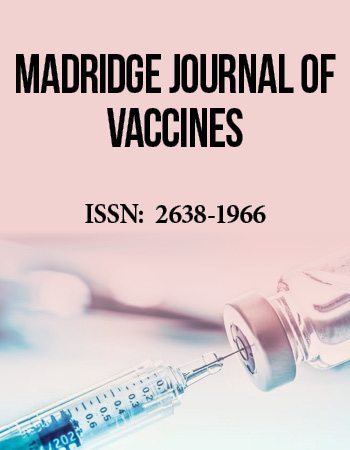International Conference on Vaccines
Feb 20-22, 2017 | Baltimore, USA
A novel N-glycosylation mutated HCV E2 DNA Vaccine and its monoclonal neutralizing antibody provide a vigorous and full protective immune response against HCV infection in vivo
Wuhan University School of Medicine, China
Background: Approximately 2.35% of the worldʼs population is chronically infected with hepatitis C virus (HCV) and eventually with risking of progression to cirrhosis and hepatocellular carcinoma. Current therapy is only partially effective and the development of an effective vaccine of HCV remains a high priority goal. The heavily glycosylated viral envelope glycoprotein E2 is a candidate vaccine antigen. A genetically-engineered, inbred mouse model with inheritable susceptibility to HCV would be ideal for studying HCV vaccine candidate.
Results: In this study, using a DNA prime-protein boost immunization strategy, we found that a secreted E2(sE2)-N2, with specific N-glycosylation deletion could enhance the highest cellular immune response compared to the WT E2 and other N-glycosylation mutants. The sE2-N2 antiserum efficiently neutralized the infection of cell cultured HCV (HCVcc, genotype 2a) and HCV pseudo particles (HCVpp, genotypes 1 to 7) to Huh7.5.1. Additionally, sE2-N2 enhanced the interleukin-12 (IL-12) production and antigen-presenting activity of CD11c+ dendritic cells (DCs) by inducing CD4+Th1 polization and the production of perforin and granzyme B (GrB) in CD8+T cells. More importantly, sE2-N2 DNA immunization and the selected anti-E2 mAb 1C1 from sE2-N2 immunized mice effectively neutralized HCVcc infection in the genetically humanized mice.
Conclusion: As our knowledge, this is the first report about HCV Vaccine and its monoclonal neutralizing antibody provide a vigorous and full protective immune response against HCV infection in vivo. The current study may offer a promising strategy for the development of effective B- and T-cell-based HCV vaccine, and meanwhile highlights the role of envelope protein glycosylation in viral immune evasion.
Biography:
Dr. Xiao-Lian Zhang received her PhD in 1997 from the Hong Kong University of Science and Technology, and had her post-doctoral fellowship during 1997-2001 at University of Maryland, College Park, Maryland, USA. She served as Research Specialist at University of Maryland, College Park, Maryland, USA during February 2001-August 2001. In September 2001, Dr. Xiao-Lian Zhang joined Wuhan University School of Medicine (Wuhan, China) as a full-professor, where, since 2014 served as the Head of the Department of Immunology. She also served as a professor at State Key Laboratory of Virology, Hubei Province Key Laboratory of Allergy and Immunology, and Medical Research Institute. Dr. Xiao-Lian Zhangʼs main research interests include pathogenic microorganism infection and immunity. She has more than 90 published articles in SCI, and authored several books and book chapters on infectious disease immunology related topics.


